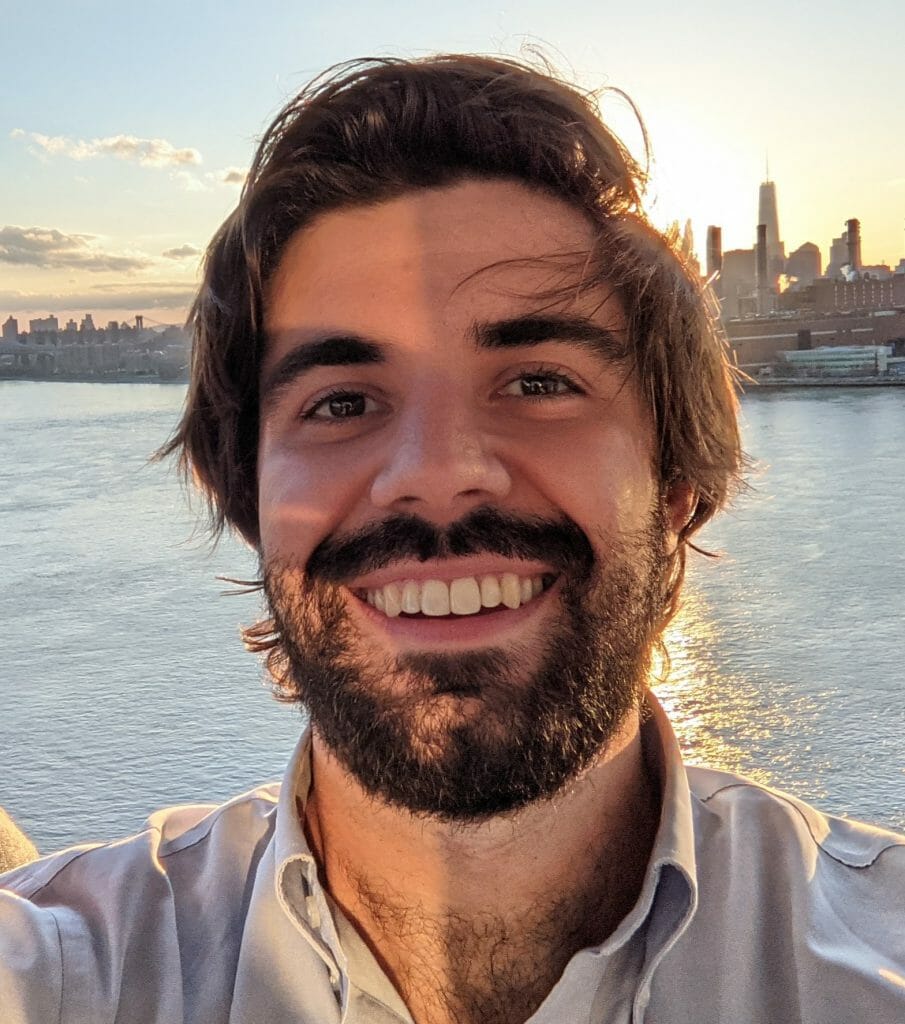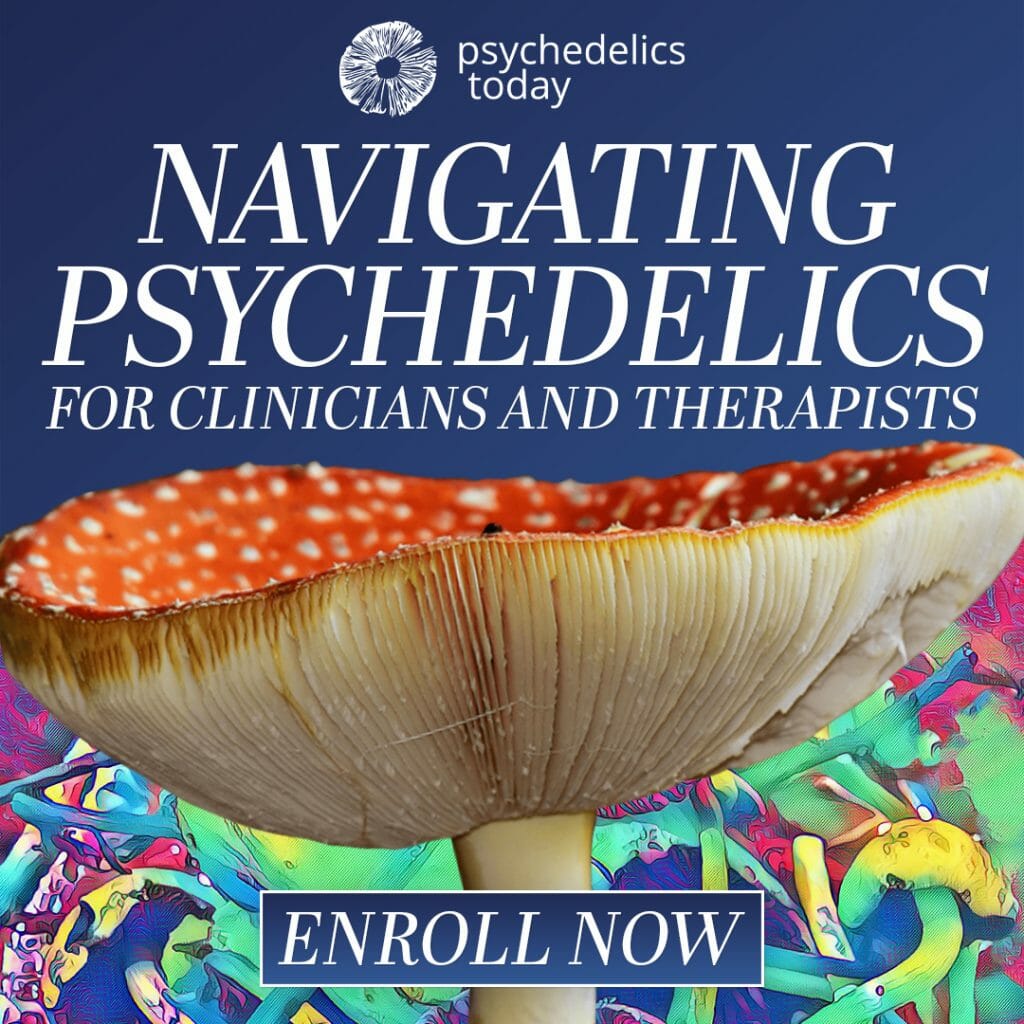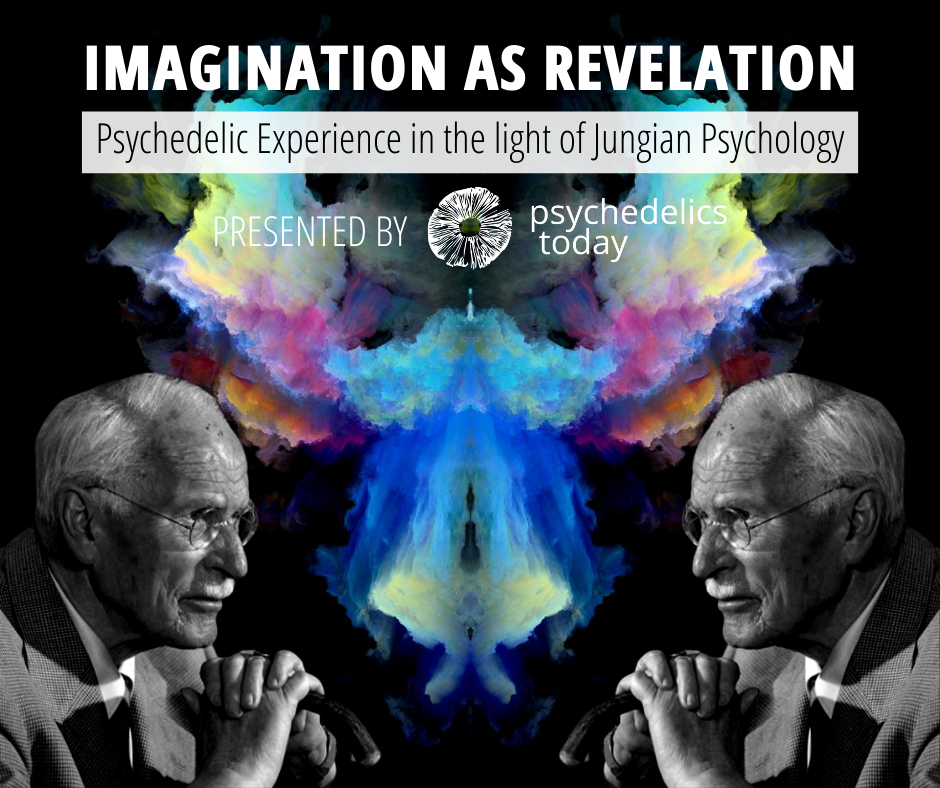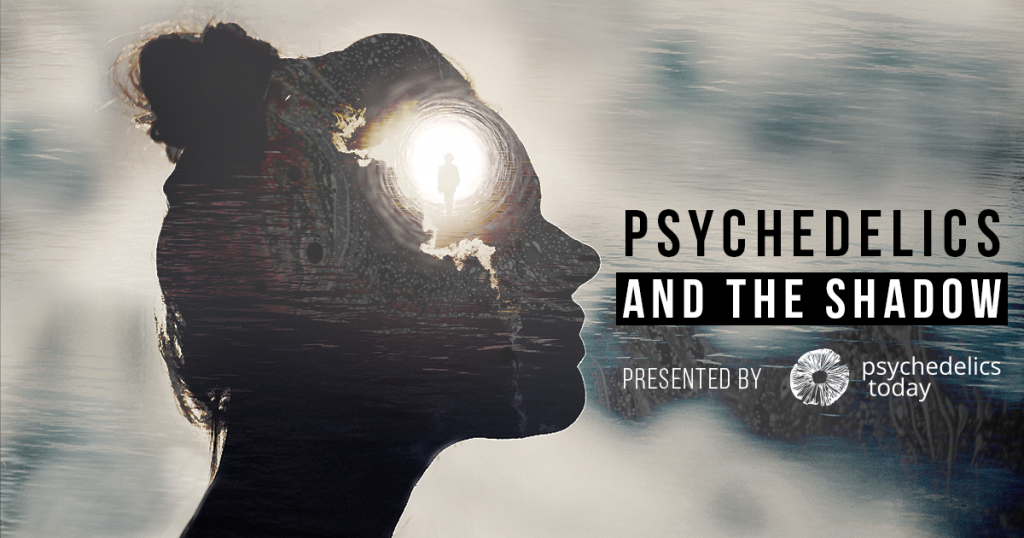By Colin Pugh
Paradigm-shifting tools don’t fit into paradigmatically static ways of doing things
Psychedelics. Maybe you’ve heard. They’re having a bit of a moment right now. And for good reason. To name just a few examples, the Multidisciplinary Association of Psychedelic Studies (MAPS) is moving MDMA-assisted therapy for PTSD through the FDA approval process. Decriminalization of psychedelics, including LSD (!), is taking place at a breakneck pace. Psilocybin-assisted therapy was even legalized in Oregon during the 2020 election. And, multi-million dollar research institutions are also popping up left and right.
However, there’s an elephant in the room. The looming presence of large, for-profit companies swallowing up patents left and right and ostensibly becoming the primary option for psychedelic therapies of the future is becoming too big to ignore.
It’s beginning to get called out, for a start. More articles are popping up rightfully critiquing this situation as an issue. About a month ago, famous entrepreneur Tim Ferriss kicked off a question on his blog asking if there are any viable alternatives to for-profit psychedelic companies. In reply, Christian Angermayer, one of the main investors behind Compass Pathways, a for-profit psilocybin-assisted therapy company responsible for a large chunk of the patent grab, basically said, “Nope”.
This is disheartening to many in the psychedelic field, to say the least. Most of us didn’t become advocates for psychedelics because they promised to make our healthcare system a bit more effective and a few people a lot more rich. We became advocates for psychedelics because they offered a promise of a better way of doing things; not just for healing, but for the world.
Traditional for-profit companies that are seemingly dominating the space are a betrayal of that promise, especially when no viable, scalable alternative seems to be in sight. Luckily, I think there is a true paradigm-busting healing model that’s not only a proper fit for psychedelics, but has been worked on for years right under our glitter-speckled toenails. We just haven’t yet given it a name. But first, let’s address the elephant in the room: equity.
The Equity Elephant in the Room
I’d like to call this elephant in the room the “Equity Elephant” for two reasons. One is that this elephant is largely a product of private equity entering into the psychedelic space a few years ago. Think venture capital and angel investors. Another reason for deeming it the Equity Elephant is that the response to large, for-profit companies dominating the psychedelic space has largely been one of increasing equity in terms of fairness—or in other words—increasing access. This makes sense considering that most of the companies in question are derived from our healthcare system, which is not exactly the Cadillac of compassion and accessibility.
Thus, the question around what to do about the Equity Elephant has largely been around increasing access. There’s a problem with this, however. Much like how the old paradigm for mental health failed because it treated symptoms rather than causes, increasing access to a system that is inaccessible by design isn’t really going to do all that much good.
We became advocates for psychedelics because they offered a promise of a better way of doing things; not just for healing, but for the world.
Another issue is that we’ve only so far been using one half of the meaning of the word “equity”. Another important use of the word is equity as ownership. So far, asking who owns the future of psychedelic healing has been relatively off the table when it should really be on the tips of our tongues.
First, let’s dive into what ownership means a little more. Ownership is not just about who gets to keep the profits from something. This is another relic from the old paradigm. It’s also about who has the power to direct something’s future. It’s about stewardship, rather than just status. Equity as a term, defined as meaningful power over directing something, needs to be put to use yesterday in the psychedelic space.
The absence of discussing equity as ownership is, in my opinion, why the Equity Elephant in the room is so disheartening. It exemplifies a radical feeling of disempowerment by us in the psychedelic scene who’ve experienced profound healing benefits from these substances. When faced with these behemoths of capitalism making such large strides in the psychedelic space, it’s no wonder we feel outmatched. These organizations don’t strike us as stewards to the future we’re trying to bring about.
But fear not. Now that we know equity is about access and ownership, or fusing them together to increase access to ownership, I think some very promising alternatives will begin to emerge.
Before we go into what those are though, let’s take a quick look at who, in my opinion, actually owns the psychedelic future and why they’re charting its path forward: community-based psychedelic organizations.
Community-Based Psychedelic Healing
Perhaps I’m a bit biased. I have been leading the Brooklyn Psychedelic Society since 2016. But to me, what’s been taking place at psychedelic societies across the globe over the past years is much more headline worthy than a new multi-million dollar psychedelic company popping up overnight.
Psychedelic societies are self-organized, mutually supporting organizations that together form a grassroots movement of thousands of healers, seekers, organizers, artists, psychedelically curious, and many, many more that have been healing each other with little input from traditional therapeutic institutions. They’ve been doing this for years in ways that regular for-profit companies can only dream of, in an effective, decentralized, evenly distributed and accessible manner.
Why isn’t this getting any headlines? Well for one, twenty people gathering in a park for an integration session with a net yield of $8 and some palo santo sticks isn’t exactly click bait. It’s also because it’s emblematic of a pattern that took me many a psychedelic trips to realize: The most transformative changes aren’t in the headline-grabbing epiphanies (I’M GOD?!!), but in the little, subtle things that we integrate and adopt into our lives patiently and gradually over time (I really need to start painting again and be nicer to people). And that’s exactly the kind of transformation that psychedelic societies have been holding space for.
Because of this, a bonafide healing modality on its own has emerged: community-based healing. Besides just anecdotes from the hundreds of people I’ve met who’ve gotten healing through our community and other psychedelic societies around the world, there’s good ol’ science to back this up as well.
Much like how the old paradigm for mental health failed because it treated symptoms rather than causes, increasing access to a system that is inaccessible by design isn’t really going to do all that much good.
Mike Margolies, founder of Psychedelic Seminars, even came up with a nifty acronym to describe this approach: PEACH (Psychedelic Education and Community Healing) that I highly recommend reading. But, why is community-based healing its own approach altogether?
As mentioned earlier, the old mental health paradigm was failing because it treated symptoms rather than causes. We know that isolation and loneliness exacerbate some of the conditions psychedelics treat so effectively, such as addiction and depression. Thus, delivering psychedelic healing in environments that lack an authentic social component seems to repeat the same mistake of the old paradigm, albeit with better tools.
Of course, clinical modalities for psychedelic therapy should always be available and made as accessible as possible—if that’s what’s needed by the person seeking healing. I don’t think community-based healing will or should replace therapy altogether. But it does seem to be a genuine fourth context that goes beyond the clinical, retreat, and recreational settings, and should probably be the first place to go when someone is seeking a transformative experience.
Psychedelic Mutualism
While we are on a streak of trying to get to the root of things, I’d like to briefly outline what I think is the core philosophical difference between the community-based approach to psychedelic healing and those of the clinical models.
The difference is that community-based approaches take interdependence not just as a fact of life, but as a necessary aspect of well-being and growth, especially when it comes to healing. This is called “mutualism” in biology and is something that ecologists have long been saying is key in order to awake from our anthropocentrism.
Therefore, psychedelic mutualism is the philosophy that emphasizes community, interdependence, and proactive peer support as central to growth and flourishing on both an individual and societal level.
The clinical and retreat models contrast with this approach. These modalities are derived from an older philosophy: We are all atomized individuals with consciences that need to be preserved and kept secure. Hence the model: Go to a clinic and get your healing, and then go back to your private life, work and all the other dysfunctions of modern living included.
Sure, these settings might have some community components to them, such as check-ins with retreat members for a few weeks after the journey. But this is not core to their operating philosophy.
Psychedelic mutualism, and the healing modality in which it’s most exemplified, community-based healing or “PEACH”, puts community at its core. The psychedelic experience shows us this in spades by revealing our interdependence not only intellectually but viscerally, in our minds, bodies and hearts.
So how do we scale these modalities to not only increase access, but also increase ownership over them? In other words, how do we democratize the ownership of psychedelic healing?
The Cooperative Model of Ownership
Most traditional organizations are either non-profit or for-profit, with a board, an executive team, managers, employees, and then the people they serve (usually, the customers). While input is sometimes welcomed by other stakeholders within and outside the organization, the decisions are ultimately made by a small handful of people.
Using our definition of ownership as meaningful power and say over something’s future, these organizations are centrally owned. There is an alternative to this model called worker or member owned “cooperatives”. Cooperatives, or co-ops, work differently than the organizations previously mentioned. A cooperative is democratically owned (decentralized) and controlled by its members. Its members can be its workers, its consumers, a combination of both, or any number of different combinations depending on the needs of the community that it serves. Each member gets to vote on the direction of different parts of the organization’s future.
Thus, the key difference between co-ops and regular for-profit companies is that they’re owned by the people that produce and use their services. Put in another way, the profits made by cooperative organizations are in service to the community, not vice versa.
Cooperatives are social and equitable (in both the access and ownership sense) by design, rather than community being a nice byproduct. In other words, mutualism is baked into how they operate. One of the best accounts of this model specifically in a psychedelic context is Bennet Zelner’s Pollinator Model. In his article, Zelner contrasts “pollinator” organizations—those that contribute to the wellness of its members, surrounding communities and society—with “extractive” organizations that accrue value for its shareholders but don’t distribute that value to those they serve or are adjacent to.
Most of the companies that the psychedelic community is rightfully up in arms about are the latter variety. The co-op model is just the answer we’ve been waiting for, I believe. It just has to be applied.
Owning Our Future with Psychedelic Co-ops
You can’t fit a paradigm-busting tool, like psychedelics, into a paradigmatically-static context, like our healthcare systems and traditional for-profit companies. You also can’t use an old philosophy to help shoehorn it in. The settings and operant philosophy needed for psychedelic healing to scale in an authentic way must be at least as transformative as the tools and modalities they are provisioning.
So far, however, no viable and scalable alternatives have been presented. This is where cooperatives and psychedelic mutualism enter into the picture. Yes, large for-profit companies will be in the space. But they are not the end all be all. One day, I hope for-profit companies in the space will be the alternative to the default model: psychedelic co-ops.
Psychedelic co-ops would treat psychedelics and healing as they are meant to be treated: as a publicly accessible service that’s for the benefit of all, in the communities they serve. We have all the building blocks we need to not only construct our psychedelic future, but to own it. So all we need to do now is build. Together.
About the Author

Colin Pugh is the executive director of the Brooklyn Psychedelic Society (BPS), a MAPS-sponsored organization whose mission is to make psychedelic healing a publicly accessible good through community, education, democratic ownership, and advocacy.
Art by Zona*Mind.




